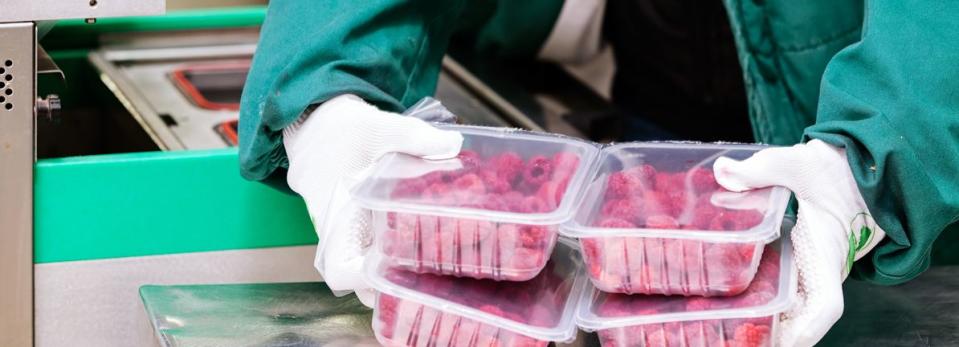These 4 Measures Indicate That Associated British Foods (LON:ABF) Is Using Debt Reasonably Well

Legendary fund manager Li Lu (who Charlie Munger backed) once said, 'The biggest investment risk is not the volatility of prices, but whether you will suffer a permanent loss of capital. So it seems the smart money knows that debt - which is usually involved in bankruptcies - is a very important factor, when you assess how risky a company is. We can see that Associated British Foods plc (LON:ABF) does use debt in its business. But the more important question is: how much risk is that debt creating?
Why Does Debt Bring Risk?
Debt assists a business until the business has trouble paying it off, either with new capital or with free cash flow. If things get really bad, the lenders can take control of the business. However, a more common (but still painful) scenario is that it has to raise new equity capital at a low price, thus permanently diluting shareholders. Having said that, the most common situation is where a company manages its debt reasonably well - and to its own advantage. When we examine debt levels, we first consider both cash and debt levels, together.
View our latest analysis for Associated British Foods
How Much Debt Does Associated British Foods Carry?
The image below, which you can click on for greater detail, shows that Associated British Foods had debt of UK£574.0m at the end of September 2019, a reduction from UK£764.0m over a year. But it also has UK£1.52b in cash to offset that, meaning it has UK£950.0m net cash.
How Strong Is Associated British Foods's Balance Sheet?
According to the last reported balance sheet, Associated British Foods had liabilities of UK£3.07b due within 12 months, and liabilities of UK£1.14b due beyond 12 months. Offsetting this, it had UK£1.52b in cash and UK£1.27b in receivables that were due within 12 months. So its liabilities outweigh the sum of its cash and (near-term) receivables by UK£1.42b.
Of course, Associated British Foods has a titanic market capitalization of UK£20.8b, so these liabilities are probably manageable. However, we do think it is worth keeping an eye on its balance sheet strength, as it may change over time. While it does have liabilities worth noting, Associated British Foods also has more cash than debt, so we're pretty confident it can manage its debt safely.
Fortunately, Associated British Foods grew its EBIT by 3.0% in the last year, making that debt load look even more manageable. When analysing debt levels, the balance sheet is the obvious place to start. But it is future earnings, more than anything, that will determine Associated British Foods's ability to maintain a healthy balance sheet going forward. So if you want to see what the professionals think, you might find this free report on analyst profit forecasts to be interesting.
Finally, while the tax-man may adore accounting profits, lenders only accept cold hard cash. While Associated British Foods has net cash on its balance sheet, it's still worth taking a look at its ability to convert earnings before interest and tax (EBIT) to free cash flow, to help us understand how quickly it is building (or eroding) that cash balance. During the last three years, Associated British Foods produced sturdy free cash flow equating to 54% of its EBIT, about what we'd expect. This cold hard cash means it can reduce its debt when it wants to.
Summing up
We could understand if investors are concerned about Associated British Foods's liabilities, but we can be reassured by the fact it has has net cash of UK£950.0m. So we don't have any problem with Associated British Foods's use of debt. We'd be motivated to research the stock further if we found out that Associated British Foods insiders have bought shares recently. If you would too, then you're in luck, since today we're sharing our list of reported insider transactions for free.
If, after all that, you're more interested in a fast growing company with a rock-solid balance sheet, then check out our list of net cash growth stocks without delay.
If you spot an error that warrants correction, please contact the editor at editorial-team@simplywallst.com. This article by Simply Wall St is general in nature. It does not constitute a recommendation to buy or sell any stock, and does not take account of your objectives, or your financial situation. Simply Wall St has no position in the stocks mentioned.
We aim to bring you long-term focused research analysis driven by fundamental data. Note that our analysis may not factor in the latest price-sensitive company announcements or qualitative material. Thank you for reading.

 Yahoo Finance
Yahoo Finance 
